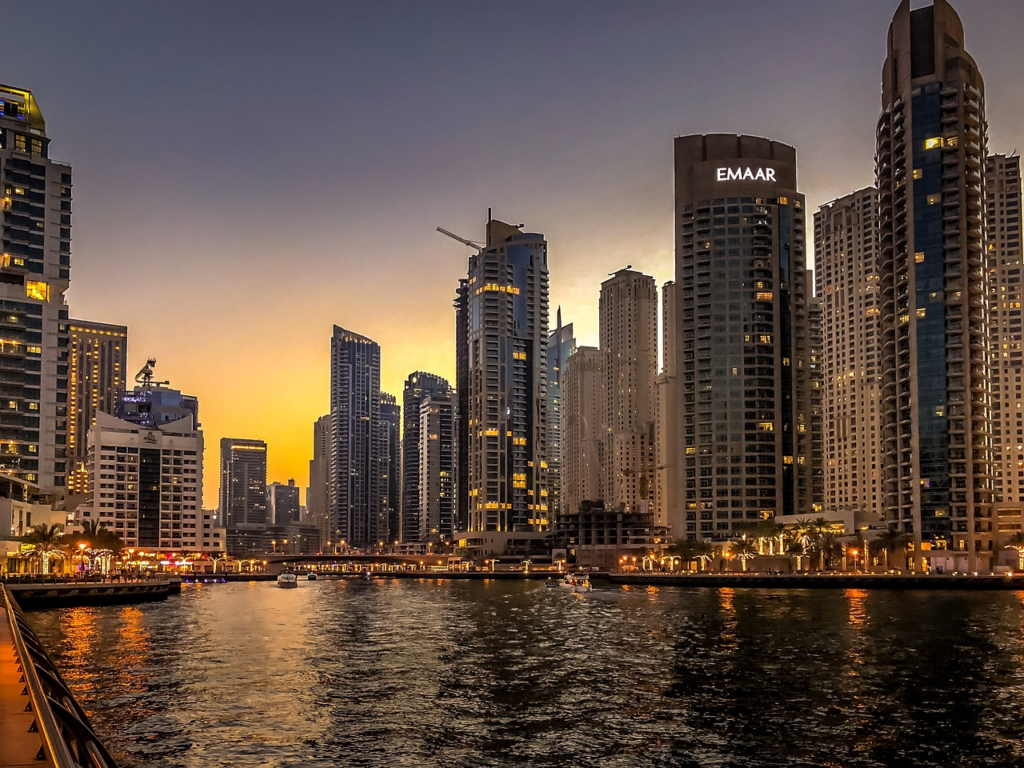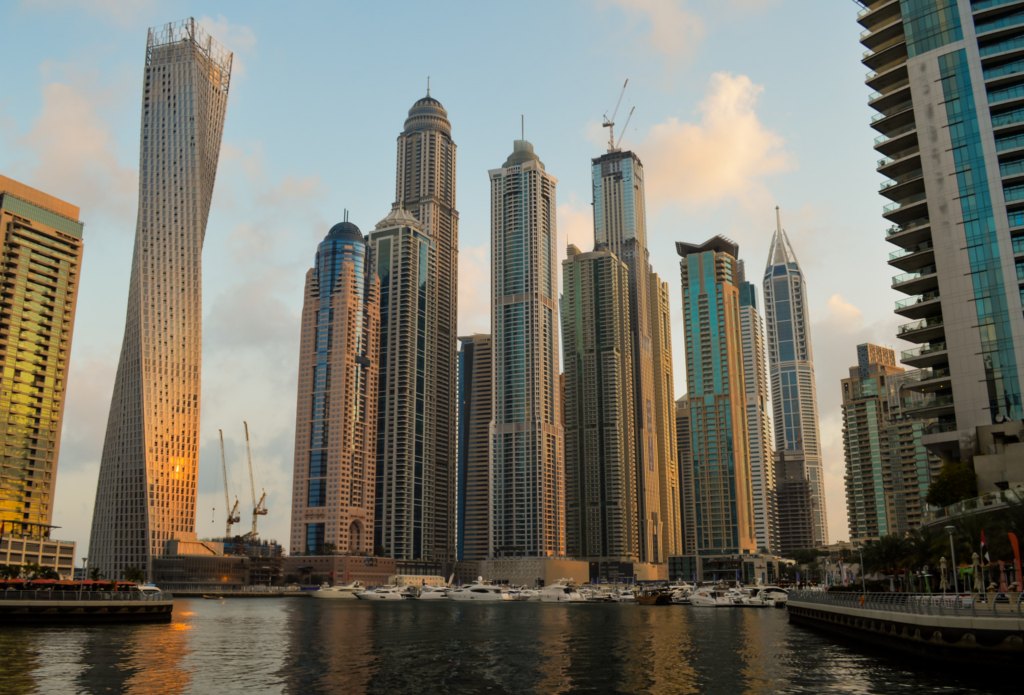In the ever-evolving landscape of Dubai’s real estate market, staying informed about the latest regulations and trends is crucial for individuals and businesses. Whether you are a property investor, a real estate agent, or a homeowner, understanding the property regulations in Dubai is essential for making informed decisions and ensuring compliance.
In this comprehensive guide, we will delve into the intricacies of Dubai real estate regulations, covering key aspects that can help you navigate this dynamic industry with confidence.
1. Overview of Dubai Real Estate Market
Dubai has emerged as a global hub for real estate investments, attracting individuals and businesses from around the world. Its robust economy, strategic location, and world-class infrastructure make it a desirable destination for property buyers and investors.
Understanding the unique dynamics of the Dubai real estate market is vital for success. From luxury villas and apartments to commercial spaces and off-plan projects, the market offers a diverse range of options tailored to different preferences and investment goals.
2. Dubai Real Estate Regulatory Authority (RERA)
At the heart of Dubai real estate regulations lies the Dubai Real Estate Regulatory Authority (RERA). Established in 2007, RERA serves as the governing body responsible for overseeing the real estate sector and ensuring transparency, accountability, and fair practices.
RERA plays a crucial role in regulating developers, brokers, property management companies, and other stakeholders. Its primary objectives include protecting the rights of buyers and investors, promoting sustainable growth, and maintaining the integrity of the market.
3. Property Ownership Laws
Dubai real estate laws are designed to provide clarity and protection to property owners. The property ownership laws in Dubai offer different arrangements, including freehold, leasehold, and usufruct. Freehold ownership grants individuals complete ownership of the property, while leasehold and usufruct arrangements provide long-term lease rights. Understanding the intricacies of these ownership laws is essential for individuals considering investing in Dubai real estate.

4. Real Estate Transactions and Contracts
Engaging in real estate transactions in Dubai involves a series of legal procedures and documentation. Buyers and sellers must adhere to specific regulations to protect their interests and ensure a smooth transaction process. Key documents such as the Sale and Purchase Agreement (SPA) and the Title Deed play a crucial role in property transfers.
It is advisable to seek legal advice and consult experienced professionals when entering into real estate contracts to navigate the intricacies of the process.
5. Investor Protection and Escrow Accounts
To safeguard buyers’ interests, Dubai real estate regulations require developers to deposit project funds into escrow accounts. These accounts serve as a safeguard, ensuring that funds are allocated appropriately and used solely for the designated project’s development. RERA closely monitors these escrow accounts to prevent misuse of funds, providing an additional layer of protection for investors and buyers.
Related: Rent or Buy Property in Dubai – Which is Better?
6. Strata Law and Homeowner Associations
With the rise of high-rise residential buildings and gated communities in Dubai, the implementation of Strata Law has become vital. Strata Law governs the management and administration of jointly owned properties, outlining the rights and responsibilities of property owners within a building or community.
Homeowner associations play a crucial role in maintaining shared amenities, resolving disputes, and ensuring the overall well-being of residents.
7. Real Estate Brokerage and Licensing
Real estate brokers play a pivotal role in connecting buyers and sellers, facilitating transactions, and providing valuable market insights. Dubai real estate regulations mandate brokers to obtain the necessary licenses from RERA to operate legally. These licenses ensure that brokers possess the required qualifications, knowledge, and ethical standards to serve clients effectively.
Engaging licensed brokers enhances transparency and minimizes potential risks associated with property transactions.

8. Real Estate Investment Opportunities
Dubai real estate laws open up a myriad of investment opportunities for both local and international investors. The city’s thriving market offers a diverse range of properties, including residential, commercial, and off-plan projects, catering to different investment goals and risk profiles. Investors can explore options such as luxury villas in prestigious communities, high-end apartments in vibrant city centers, or commercial spaces in thriving business districts.
Conducting thorough market research, analyzing historical trends, and studying future development plans can help identify lucrative investment opportunities.
Related: 10 Advantages of Investing in Commercial Real Estate in Dubai
9. Rental Laws and Tenancy Contracts
Dubai’s rental laws provide a clear framework for landlords and tenants, ensuring a fair and transparent rental market. Understanding the regulations associated with rental properties is essential for both landlords and tenants alike.
Tenancy contracts, governed by Dubai real estate regulations, establish the terms and conditions of the lease agreement, including rent payment schedules, maintenance responsibilities, and dispute resolution mechanisms. By familiarizing themselves with these laws, landlords and tenants can ensure a harmonious rental experience while safeguarding their rights.
10. Real Estate Dispute Resolution
In any industry, disputes can arise, and the real estate sector is no exception. Dubai has established efficient mechanisms for resolving real estate-related disputes.
The Dubai Land Department’s Rental Dispute Settlement Center (RDSC) and the Dubai Courts handle various types of disputes, including rental disagreements, property ownership conflicts, and breach of contract issues. These entities aim to resolve disputes promptly and fairly, providing an avenue for parties involved to seek justice and protect their rights.

11. Sustainable Development Initiatives
Dubai is committed to sustainable development and green initiatives within the real estate sector. The city has implemented regulations and initiatives to promote energy efficiency, water conservation, and environmentally friendly practices.
Developers are encouraged to adopt sustainable building designs, utilize renewable energy sources, and incorporate eco-friendly technologies. These efforts contribute to the overall environmental sustainability of the city and enhance the long-term value of properties, attracting environmentally conscious investors.
12. Ongoing Regulatory Updates and Market Trends
Dubai’s real estate regulations and market dynamics are subject to continuous updates and changes to adapt to evolving needs and trends. Staying informed about these updates is crucial for real estate professionals and investors.
Monitoring regulatory announcements, industry news, and market trends allows individuals to make well-informed decisions and capitalize on emerging opportunities. Engaging with reputable industry publications, attending real estate forums, and networking with industry experts can provide valuable insights into the latest regulatory developments and market trends.
Conclusion
By understanding and adhering to Dubai real estate regulations, investors, buyers, sellers, and industry professionals can confidently navigate the dynamic landscape of the Dubai real estate market. Real estate governance in Dubai plays a crucial role in ensuring transparency, accountability, and fair practices within the industry.
Masar Al Ameen Group, a trusted real estate agent in Dubai, offers expert guidance and assistance to clients navigating the intricacies of Dubai real estate regulations. With their extensive knowledge and network, they facilitate seamless transactions and help clients make informed decisions in line with the legal framework.

